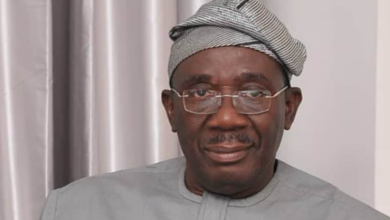Nigeria’s New Cybercrimes Act 2025: What Every Online User Must Know
The National Assembly has passed the Cybercrimes Act 2025 into law under Senate President Godswill Akpabio.
The Act introduces strict penalties for online abuses, fake news, harassment, and unlawful digital activities nationwide.
The National Assembly, under the leadership of Senate President Godswill Akpabio, has officially passed the Cybercrimes Act 2025 into law, making all provisions within the legislation fully enforceable across the country.
This development means that every online user from content creators to group administrators on platforms such as WhatsApp, Facebook, X, and Telegram must understand the implications of the law. Authorities have stressed that ignorance will not be accepted as an excuse for violations.
The Act identifies several offenses with corresponding penalties designed to protect digital spaces and curb abuses. Unauthorized access to another person’s device or account, for example, attracts up to five years in prison. Tampering with another person’s digital data, whether by deletion or modification, carries the same penalty.
Stricter punishments are attached to the disclosure of sensitive or classified information, which could earn offenders up to fifteen years behind bars. Similarly, recording private conversations without proper consent even if one is part of the discussion is a punishable offense with a two-year jail term.
The legislation also targets harmful online behavior. Publishing false or misleading information, widely referred to as fake news, could result in a two-year sentence. Online harassment, abusive posts, or sharing vulgar content intended to insult or humiliate others are also punishable by up to two years. Most notably, making statements that incite ethnic, tribal, or religious violence is considered a grave offense, with penalties reaching life imprisonment.
Group and page administrators face added responsibilities under the Act. Those who knowingly allow unlawful content in their communities or fail to moderate discussions can be held legally accountable for members’ actions.



